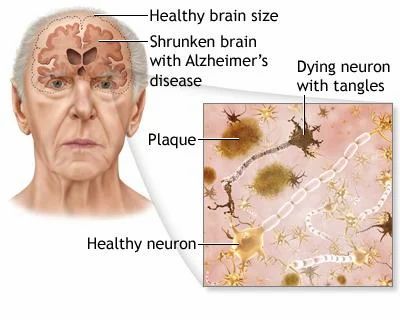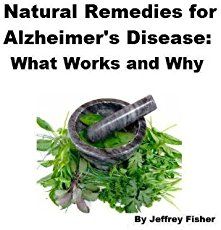
New Alzheimer’s treatments are being developed, which may improve current symptoms and improve the disease’s long-term course. For years, thousands of researchers and hundreds of thousands of willing subjects have worked to find a treatment. Of the 146 drugs that have undergone the rigorous clinical trial process since 1998, only four have been approved by the FDA. The approved medications have modest symptom-reduction effects but don’t alter the disease’s course.
Some medications used in treating Alzheimer’s are cholinesterase inhibitors. They prevent the breakdown of acetylcholine, a chemical messenger that is crucial for learning and memory. High acetylcholine levels support communication between nerve cells. Taking a cholecalciferol-based Alzheimer’s treatment may help the person retain some memory and ability to function in the world. In the long run, the medication may slow down the progression of the disease.
There are also new drugs in the market for people suffering from the disease. Some of these drugs inhibit the production of acetylcholine, a chemical messenger crucial for learning and memory. These drugs may help slow the onset of Alzheimer’s symptoms and may make the person’s life more comfortable for the caregiver. However, these drugs do not address the underlying causes of the disease. Some of the current treatments are immunization therapy, drug therapies, physical activity and cardiovascular therapies.
Despite the fact that no cure exists, there are new medicines for people suffering from the disease. These medicines may reduce the severity of symptoms, ease the burden on caregivers and prolong the patient’s life. These medications, however, are not effective for people with early stages of the disease. They may only provide temporary relief. And if they work, the medication may be useful for another two to three years. They are a good alternative for patients with mild to moderate Alzheimer’s symptoms.
Medications for Alzheimer’s patients can help reduce the rate of cognitive decline. These drugs are called cholinesterase inhibitors and can prevent the breakdown of an important chemical in the brain. When taken correctly, these medications can reduce the risk of falls and slow the progression of the disease. Many patients with this disease are prescribed these drugs for mild to moderate severity. Medicines are not very expensive and can be prescribed for a variety of conditions.

There are several medications that can help people suffering from Alzheimer’s disease. Antidepressants and anticonvulsants can be used to treat anxiety, agitation, and tremors. These drugs can also increase the risk of falls, which are common side effects of antipsychotics. While these drugs may be effective for people with mild symptoms, they can cause serious side effects. They are generally taken for six to twelve months.
Some of the medications available are designed to reduce the symptoms of Alzheimer’s disease. For example, antidepressants can treat anxiety and agitation. They also help people with tremors and slow down the rate of dementia. In addition, certain medications may reduce the risk of falls. When choosing these drugs, it is important to consult with an experienced doctor. For more information, read our guide at https://funbox.co.th/ to learn about the different types of Alzheimer’s medications.
Medications may also be used to treat common behavioral symptoms of the disease. For example, atypical antipsychotics can treat agitation, depression, and tremor. Although these medicines are effective, they can have negative side effects. They are not always safe. It is important to consult your doctor before deciding which medicine to take. It is important to know which medications are right for your particular condition.
Symptomatic drugs are often the only option for patients with mild or moderate symptoms. For patients with severe dementia, cholinesterase inhibitors may slow the progression of the disease and reduce the risk of stroke. They can also provide comfort and assistance to caregivers. Various medications are available for mild to moderate symptoms. There are several different medications available to help slow the progression of the disease. Some of these medicines can be taken by mouth.
Medicines for Alzheimer’s disease are not a cure for the disease. But they can help relieve symptoms and improve quality of life. There are currently no disease-modifying drugs on the market, but cholinesterase inhibitors and memantine are approved for the treatment of moderate to severe cases of the disease. These medications can be used to control the behavioral symptoms of the disease. They are also available for mild to intermediate cases.
